Posts
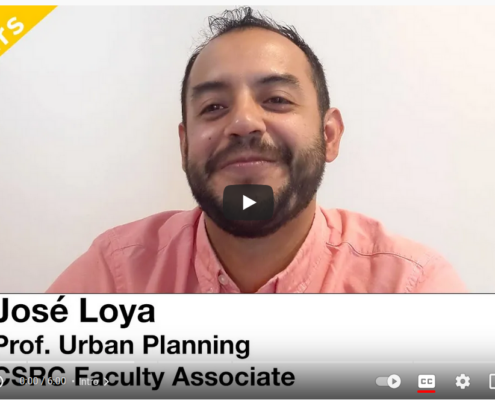
LA Social Science Rising Scholars Series Featuring Dr. José Loya Discussing the Mortgage Market for Latinxs
LA Social Science interviews Dr. José Loya, a UCLA Assistant…
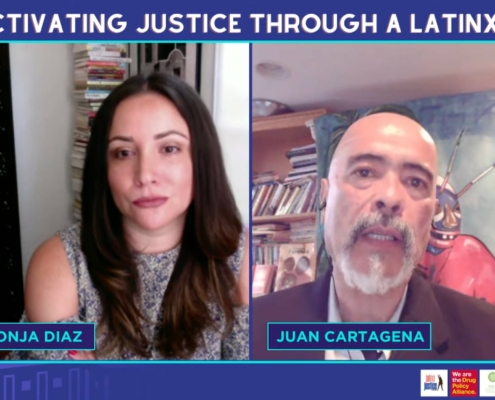
Activating Justice Through a Latinx Lens
What would our criminal legal system look like if it was…
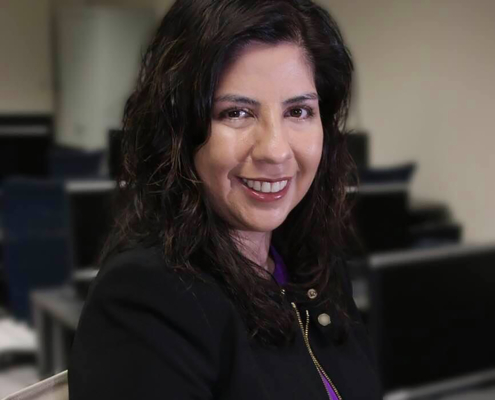
UCLA’s Dr. Ana-Christina Ramón Awarded $100,000 as Inaugural Latino Film Institute Scholar
Academy Award®-nominated actor Edward James Olmos announced…
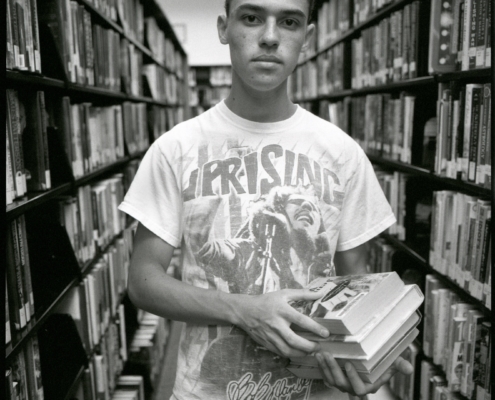
UCLA LPPI and Alianza for Youth Justice Release a New “Call to Action” Report on the Latinx Data Gap in the Youth Justice System
UCLA Latino Policy and Politics Initiative (LPPI) and the Alianza…
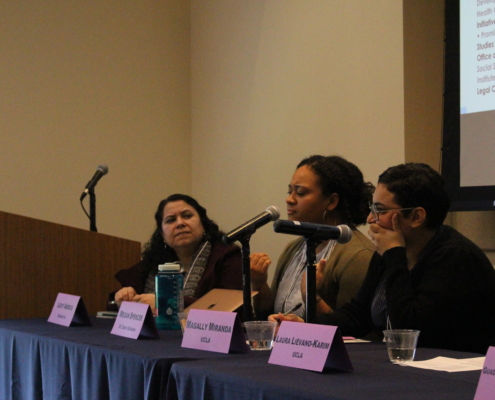
Approaching Justice in Gender Equity Spaces
By Bryanna Ruiz and Amado Castillo, Latino Policy & Politics…
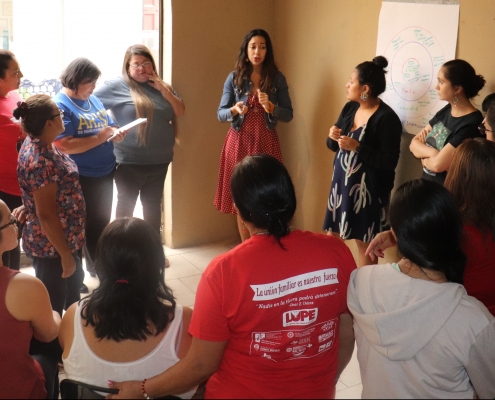
Latinx Organizations Convene in Border Town to Talk Immigration and Criminal Justice Reform
By UCLA Latino Policy & Politics Initiative (LPPI) In…

